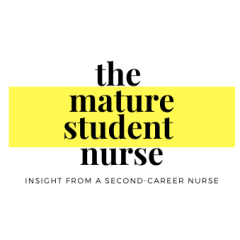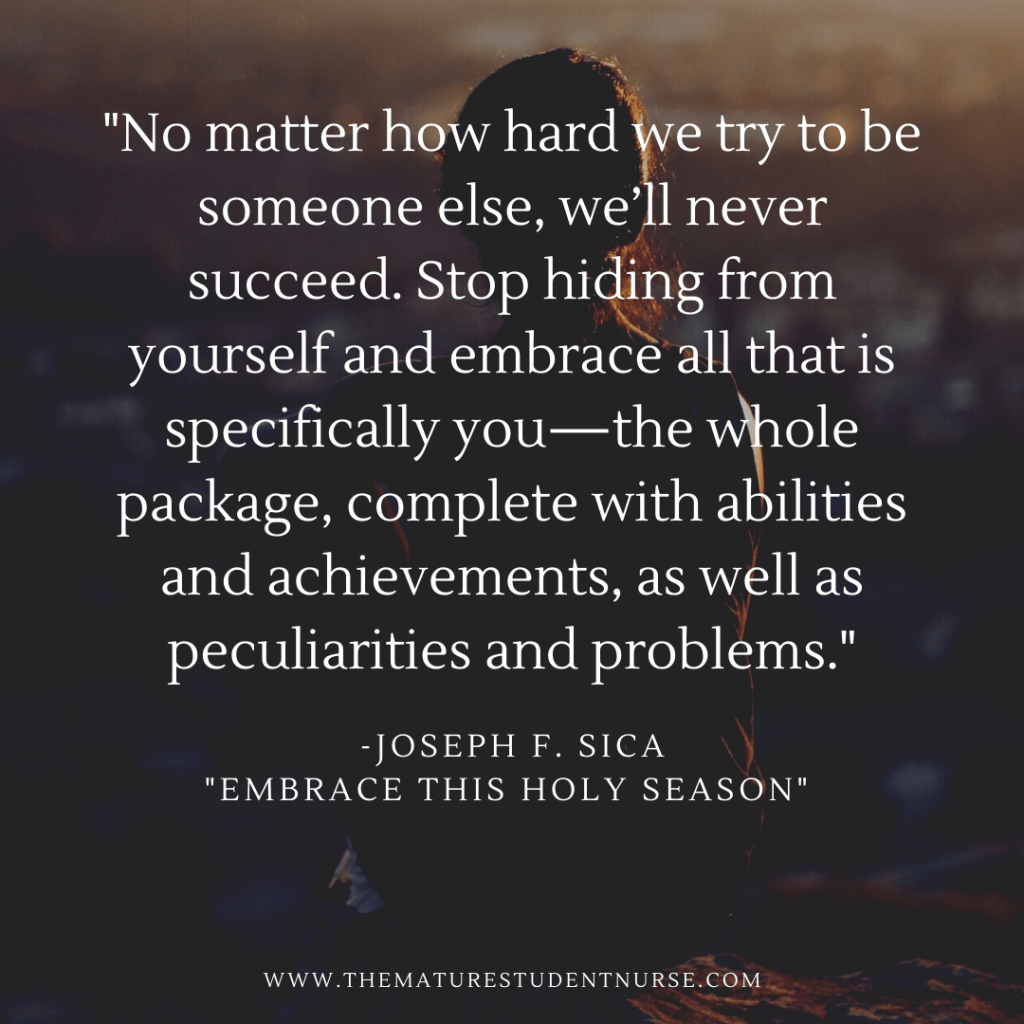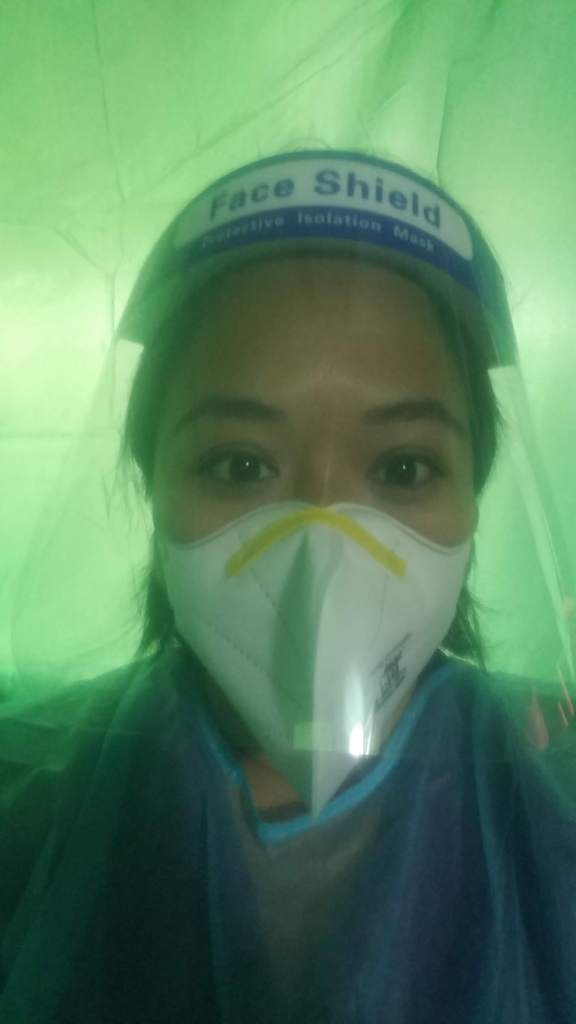When I had my baby, my husband and I struggled to feed our newborn. I wanted to breastfeed my baby exclusively, but she would not breastfeed well. Influenced by various sources and committed to breastfeeding, I refused to pump or bottle-feed my baby while in the hospital. My baby and I roomed in together while I tried to breastfeed. My husband recalls having to travel with my baby somewhere for light therapy. I vaguely remember this too, but I was tired, delirious from lack of sleep, and recovering from a C-section. I only remember sleeping while my husband and baby were out of the room. In retrospect, my baby most likely went to the NICU because she was jaundiced. She may have been there for only a few hours because I remember waking when my baby and husband returned from wherever they went. Thankfully, the hospital did not admit my baby to the NICU, and we could leave the hospital together. However, our struggles to feed our newborn continued when we got home. Looking back at our experience as new parents, I wish I had known some things about feeding our baby that I know now as an experienced mom and NICU nurse.

Fed is Best
As a NICU nurse, I see term or late pre-term infants (born at 34-37 weeks gestation) who come to our NICU for hypoglycemia (low blood sugar) or hyperbilirubinemia (seen as jaundice/yellowish skin). Often, these term babies come to our unit because they are not eating well. For some babies, parents refuse to feed baby formula while postpartum, and the mom may not have established her breastmilk supply yet. This description reflected us as newborn parents and a likely reason why my baby needed phototherapy.
A build-up of bilirubin in a baby’s body can cause jaundice. Bilirubin is usually processed by the liver and leaves the body as waste. A newborn’s liver may not yet efficiently function, but the baby should be eating/drinking something to produce waste and encourage processing out bilirubin. A newborn baby drinking breastmilk or formula helps curtail jaundice. If a baby is not feeding well or is still jaundiced despite attempted feedings, however, hospitals can treat elevated bilirubin levels (hyperbilirubinemia) through light phototherapy.
Jaundice is normal in newborns, but the hospital monitors bilirubin levels and treats when levels rise above certain thresholds. If the baby’s bilirubin is too high, brain damage can occur. In our hospital, if a postpartum baby needs phototherapy, the baby is admitted to the NICU. Phototherapy in the NICU only happens after multiple attempted feedings and when bilirubin levels exceed treatment thresholds.
Frequent feedings are how parents can reduce bilirubin levels in otherwise healthy babies (and hopefully prevent hyperbilirubinemia that requires NICU care). However, frequent feedings can also help prevent another common condition in our NICU: hypoglycemia, or low blood sugar. If an otherwise healthy baby born to a non-diabetic mom takes enough breastmilk or formula, the baby can usually avoid hypoglycemia. However, if the baby is unable to feed adequately, the baby can develop low blood sugar.
Before a baby goes to the NICU for hypoglycemia treatment and monitoring, the mother and the postpartum staff will attempt to feed the baby. If the mother consents, the baby can be offered formula. If bottle-feeding is still insufficient, a sugar gel is given to the baby orally. The postpartum unit will attempt several feeding and sugar gel administrations before the baby goes to the NICU. If the NICU admits a baby for hypoglycemia, we will place an IV to deliver sugar to the baby as IV fluids. Once the sugar levels in the baby are sufficient, and the baby is drinking adequately, we can reduce the IV fluids and eventually remove IV fluids if the baby can orally consume the needed calories and fluids while maintaining healthy blood sugar and hydration. In the NICU, we try feeding our babies breastmilk if it’s available and not contraindicated (i.e., substance-abusing mother). If breastmilk is unavailable and we need to feed a baby orally, we will give provider-ordered formula to our babies.
For babies admitted for hyperbilirubinemia or hypoglycemia, I sometimes hear the baby barely drank anything because the baby was unable to breastfeed from a mom who wanted only to breastfeed exclusively. Before doctors send the baby to the NICU, the nurses can offer the baby formula if the mom consents or requests it. However, by this time, the baby may have worn themselves out or be too tired to drink from the bottle. It makes me and other NICU nurses wonder, “If the parent or nurses fed the baby from the bottle sooner, would the baby still need to go to the NICU? Is the mother promptly informed of her options if her milk supply hasn’t come in or the baby cannot latch or breastfeed?”
While I’m glad my husband got to go with my baby and accompany her for phototherapy, I would have preferred that my baby not leave my postpartum room at all for treatment or tests. To prevent my daughter from needing to leave our room, I would have pumped sooner to encourage my milk supply and produce milk that my husband or I could bottle-feed my baby. We did not learn until weeks later that my daughter was tongue- and lip-tied, which may have initially made it difficult for her to breastfeed. From my perspective, it’s better to feed a newborn some formula to keep the baby with mom and out of the NICU than to rely solely on breastmilk that may not be available yet or difficult for the baby to access.
Pumping is Okay
I was offered to pump in the hospital but refused, thinking I would breastfeed. My doula recommended not to pump until after the first month, so I tried holding off on pumping in an attempt to have my baby latch, help establish our breastfeeding rhythm, and set my breastmilk supply.
I didn’t want to feed her from a bottle because I didn’t want to cause nipple confusion and have my baby prefer the bottle over breastfeeding. When we got home, I thought I was doing okay breastfeeding, but when we brought our baby to her 1-week checkup, she wasn’t gaining enough weight. We brought her to her 2-week checkup, and her pediatrician still didn’t think she was gaining enough. My daughter fell in the 2nd percentile on the growth chart. (I did not discover until months later that my husband and his siblings were so small as newborns they were not even on the growth chart). We were strongly encouraged to start bottle feeding her formula.
Wrought with guilt, we decided to feed her some formula, and I began to pump. By this time, I had developed mastitis (Mastitis is a painful infection in the breast caused by bacteria introduced by breastfeeding. It also caused me to have body aches, a high fever, and chills. Imagine dealing with this while trying to care for a newborn!) My supply was woefully insufficient, and most of my daughter’s caloric intake was formula once I started to pump while battling mastitis.
Formula is Okay
It is okay to use formula if you are not producing breast milk or enough breast milk/colostrum to feed your baby. I wanted to exclusively breastfeed because I learned about the benefits of breastfeeding and how it’s the best, natural, and easiest way to feed my baby. It’s great for baby bonding and helps provide passive immunity to the baby. However, I got mastitis TWICE within the first month or so of my daughter’s life. We also learned my daughter was tongue-tied, making it difficult for my daughter to breastfeed. Not until later did I meet other mothers who breastfed AND bottle-fed their babies or moms who exclusively pumped. (Moms who exclusively pump only feed their babies breastmilk from a bottle). Had I not been so attached to exclusively breastfeeding, I could have adapted and explored these other options earlier as a new parent.
Do What’s Best for You and Your Family
Aside from taking antibiotics, the way to clear a mastitis infection from the breast is by breastfeeding or pumping. My daughter preferred the bottle by this time, so I relied on pumping to clear my infection. Pumping (and antibiotics) eventually relieved the pain and released the mastitis in my breasts, but the repeated infections impacted my supply. Encouraged by my doula, I remember three days where I spent about 9 hours pumping (diligently pumping 45 minutes every 2 hours, per her recommendation) only to produce about 1 ounce of breastmilk daily. I was so exhausted and upset by the results of my efforts. I also felt cut off from my daughter while I pumped (Because I couldn’t figure out how to safely hold her with all the pumping tubes hanging from my body, my husband or parents would take her while I pumped). After the three days dedicated to pumping round-the-clock, I decided it was not worth it to continue to pump. It was more important for me to be with my baby than to try giving her my pumped breastmilk.
I still held out hope for breastfeeding. Once my infection cleared, I tried to breastfeed my daughter using an SNS (supplemental nursing system – a tube placed on the breast but connected to a bottle to measure and ensure the baby has adequate intake). She was already used to the bottle nipple and did not take to the SNS. I attempted multiple times, but she would refuse to feed through the SNS, and I would end up with formula spilling all over my chest.
I share a bit of my breastfeeding journey to emphasize that there are many ways to feed and nourish a baby. In the end, so long as the baby is healthy and safe, parents decide what works best for them and their family. The caregivers’ mental health and well-being are as important as the baby’s. The way you choose to care for your baby may not resemble how other families do things, and that’s okay. I was ashamed for not breastfeeding my daughter for as long and in the way I hoped, but I felt my attachment to breastfeeding distanced my baby from me and caused so much anxiety and distress. Parents should not be ashamed of doing what is best for them and their families.
In the NICU, I meet moms who feel nervous they cannot directly breastfeed, yet they can pump and produce enough breastmilk to meet their baby’s needs. I meet parents who are ashamed they don’t have a separate nursery for their baby. We live in Los Angeles – not every family can afford to pay for a home with different bedrooms for each of their children! Many of our parents rely on WIC because they can’t afford to purchase formula. Getting formula from WIC is better than diluting formula or not feeding the baby enough nutritious calories. I try to assure the parents I see they can do what works for their family – it doesn’t need to match other families.
I felt defeated when I finally gave up pumping and breastfeeding. I wish I gave myself a little grace as a newborn mom and wasn’t so hard on myself. I felt so much grief over my inability to mother and feed my child as I thought I should that it made me feel inadequate as a mom. I was separated from my baby while I pumped, trying to salvage any breastmilk I had. I cried every day when I was pumping or trying to breastfeed. Ultimately, I fed my baby adequately, thanks to formula, and my child is now a healthy school-age girl. She still falls on the low end of the growth chart, but her father and I are not tall, so my daughter’s standard is the tenth percentile or less.
As I reflect on my experience as a new mom, I hope to impart grace and support to other new parents now that I’m a NICU nurse. If a caregiver is feeding their baby adequately, caring for and bonding with them, and keeping them safe, I want them to know they are doing a great job! I also want them to know it’s okay to make adjustments as needed or change their minds about how they want to do things. Parents can adapt their plans according to the family’s needs.
I originally wrote this post to give insight on how to lower the likelihood of hyperbilirubinemia or hypoglycemia (and admission to the NICU) through frequent feedings. If this information helps reduce NICU admissions and prolong in-room bonding between caregiver and baby, I would be ecstatic. Ultimately, I hope this post reassures parents (and serves as a reminder to myself) that there are many ways to care for a baby. There are no perfect parents; there are no perfect children. We’re just doing our best with the information and resources we have. Good luck to you on your journey!















